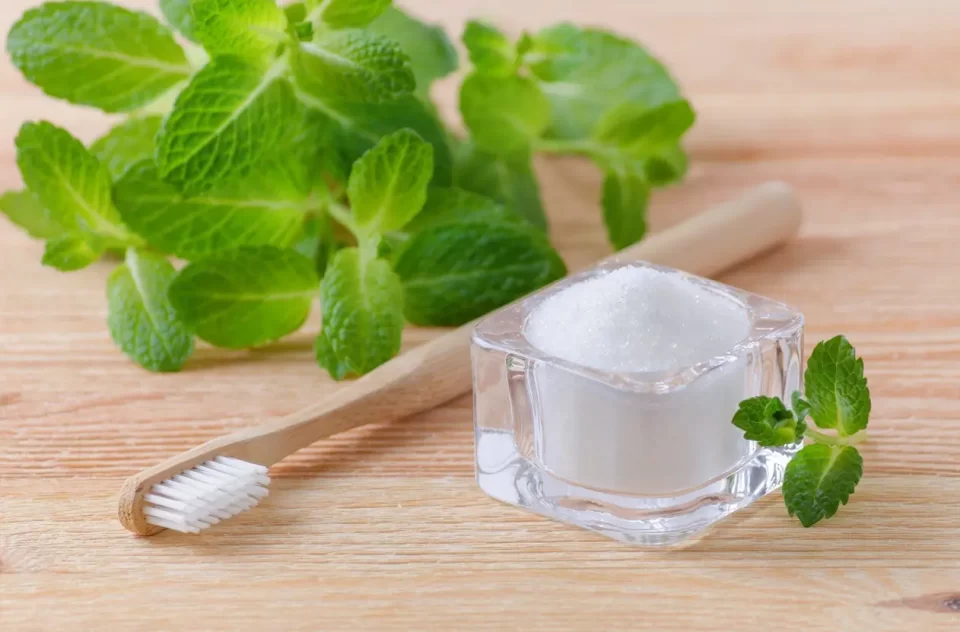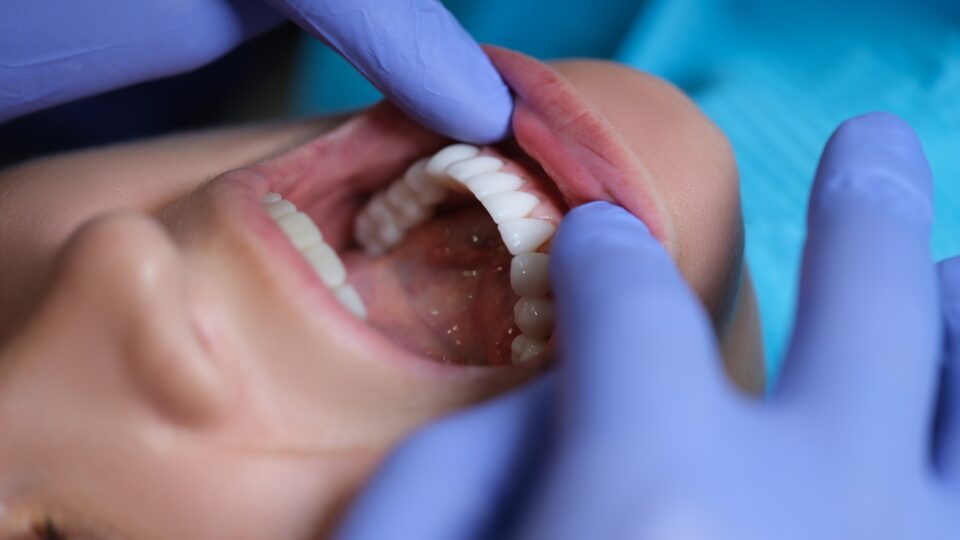Veneers offer a versatile solution for broken, discolored, or misshapen teeth, providing a natural-looking and durable restoration. These thin, custom-made shells are crafted from porcelain or composite resin and bonded to the front surface of the teeth to improve their appearance.
Whether a tooth is chipped, cracked, stained, or has gaps between them, veneers can effectively conceal imperfections and enhance the overall smile. The procedure typically involves minimal tooth preparation, making it a conservative option compared to crowns or other treatments.
Individuals can achieve a brighter, more uniform smile with long-lasting results by opting for veneers. Whether addressing cosmetic concerns or restoring damaged teeth, veneers offer a convenient and aesthetically pleasing solution. With proper care and maintenance, veneers can provide years of improved dental function and confidence, helping individuals smile with renewed self-assurance.
How do veneers compare to other cosmetic dental treatments for broken or discolored teeth?
Veneers stand out for their durability, natural appearance, and versatility when considering cosmetic dental treatments for broken or discolored teeth. Veneers are thin, custom-made shells typically crafted from porcelain or composite resin. They are bonded to the front surface of teeth to conceal imperfections, such as chips, cracks, stains, or gaps, resulting in a brighter, more uniform smile.
Compared to alternatives like dental bonding, veneers offer superior durability and resistance to staining, providing long-lasting results. They also boast a natural appearance, custom-designed to match the surrounding teeth’ color, shape, and size. Additionally, veneers require minimal tooth preparation, making them a conservative option compared to crowns or dental implants.
However, veneers may not be suitable for all cases. For instance, severe structural damage or decay may require more extensive treatments like crowns or dental implants. Dental bonding, while less expensive than veneers, may offer different durability or aesthetic results. Ultimately, the choice between veneers and other cosmetic dental treatments depends on individual needs, preferences, and the recommendation of a qualified dentist or cosmetic specialist.
What are the potential risks or drawbacks associated with getting veneers?
Veneers are generally safe and effective, although there are certain risks and downsides to consider:
- Irreversible Procedure: Veneers must remove a little tooth enamel to accommodate the thin shells. Enamel removal is irrevocable. Despite the modest enamel removal, it might increase dental sensitivity and risk of injury and decay.
- Potential for Sensitivity: Some individuals may experience increased tooth sensitivity after getting veneers, particularly in the days or weeks following the procedure. Sensitivity is usually brief and manageable with desensitizing toothpaste or other dental products.
- Risk of Damage: Veneers are stain-resistant but not indestructible. If struck, veneers can chip, shatter, or detach like genuine teeth. Night guards may be needed for people who grind or clench their teeth, which could damage their veneers.
- Limited Lifespan: While veneers with reasonable care and maintenance can survive for years, they may need replacement. Oral hygiene affects veneer longevity habits, diet, and overall dental health.
- Aesthetic Considerations: While veneers can dramatically improve the smile’s appearance, they may only suit some. The success of veneers depends on factors such as the natural color and alignment of the teeth, as well as the skill and experience of the dentist or cosmetic specialist performing the procedure.
Veneers can improve the smile, but patients should weigh the dangers before getting them. A dentist or cosmetic professional can advise whether veneers are ideal for your smile transformation.
Can veneers be customized to match the natural shape and color of my existing teeth?
Yes, veneers can be customized to match the natural form, size, and color of your existing teeth, assuring a smooth natural-looking result. Before the veneer placement procedure, your dentist will collaborate to determine the ideal outcome and create a personalized treatment plan.
During the customization process, your dentist will use tooth impressions or digital scans to make precise molds for the veneers. These molds will be used to fabricate the veneers to match the unique characteristics of your natural teeth, including their shape, size, and alignment. Your dentist will also carefully select the shade of porcelain or composite resin that best matches the color of your natural teeth or achieves the desired aesthetic outcome.
Additionally, your dentist may use shade matching and characterization techniques to ensure the veneers blend seamlessly with your surrounding teeth, creating a harmonious and natural appearance. By customizing the veneers to match your existing teeth, your dentist can achieve optimal aesthetic results while preserving your smile’s overall harmony and symmetry.
Overall, the customization process is an essential aspect of veneer placement, allowing for individualized treatment and ensuring that the veneers merge flawlessly with stunning smiles with real teeth transformation.
Are there any long-term maintenance requirements or considerations for maintaining veneers?
Maintaining veneers requires consistent oral hygiene and regular dental check-ups to ensure long-term durability and aesthetics. Here are some essential maintenance requirements and considerations for veneers:
- Good Oral Hygiene: Maintaining veneer health requires brushing and flossing twice a day. Avoid scratching using a soft toothbrush and non-abrasive toothpaste or damaging the veneers.
- Avoiding Staining Foods and Beverages: While veneers resist staining, it’s still essential to minimize consuming dark meals and drinks like coffee, tea, red wine, berries, which can potentially stain the veneers over time.
- Regular Dental Check-ups: Regular dental exams regular cleanings with your dentist are vital for preserving the overall health of your teeth and gums, as well as the integrity of your veneers. Your dentist can spot problems early and address them before they worsen.
- Avoiding Bad Habits: Avoid habits that can potentially damage your veneers, such as chewing on complex objects like ice, pens, or fingernails and using your teeth to open packages or bottles.
- Wearing a Night Guard: If you clench or if you grind your teeth at night (bruxism), using a custom-fitted night guard can help protect your veneers from damage caused by excessive force or pressure.
- Repairing or Replacing Damaged Veneers: If a veneer becomes damaged or dislodged, it’s essential to seek prompt dental care to repair or replace it. Ignoring damaged veneers can lead to further complications and compromise the integrity of your smile.
Following these maintenance requirements and considerations can help ensure your veneers’ long-term success and aesthetics, allowing you to grin confidently for years.
Revitalize Your Smile With Veneers!
At Jaline Boccuzzi Dentistry, we specialize in transforming smiles with personalized veneer solutions. Whether you’re dealing with broken, chipped, or discolored teeth, our expert team is here to help.
With custom-crafted veneers, we can restore the natural beauty of your smile, enhancing your confidence and overall oral health. Our compassionate and experienced staff will guide you through every step of the process, ensuring a comfortable and rewarding experience.
Take the first step towards a radiant smile—schedule your consultation with us!


